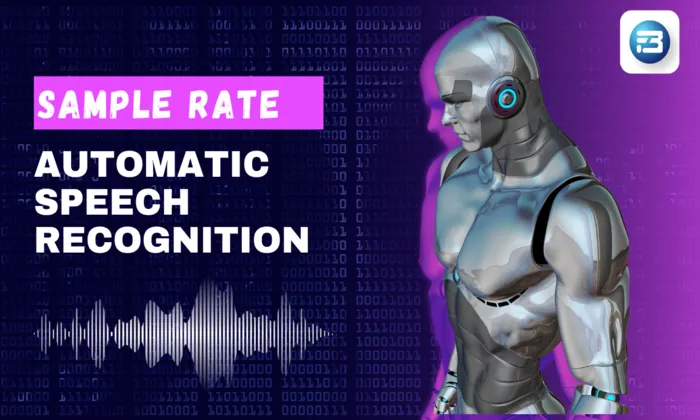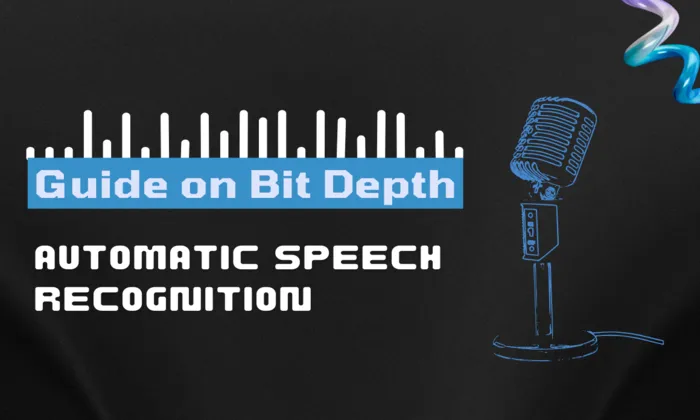What is subjective evaluation in TTS?
TTS
Quality Assessment
Speech AI
Subjective evaluation in TTS systems refers to the assessment of synthesized speech quality through human judgment. This method captures the nuances of human perception that objective metrics, like signal-to-noise ratio, can't fully represent. It's essential for refining text-to-speech datasets systems to ensure they meet user expectations in real-world applications.
Why Subjective Evaluation Matters
- Human-Centric Design: TTS systems are designed for human interaction, whether for virtual assistants, audiobooks, or accessibility tools. Subjective evaluation ensures that the generated speech resonates with users, enhancing satisfaction and engagement.
- Complexity of Human Perception: Humans can detect subtle nuances in speech, such as prosody and emotional tone, which algorithms may overlook. Subjective evaluation is crucial for creating lifelike and relatable speech outputs.
- Industry Benchmarking: Subjective evaluations serve as benchmarks for TTS quality, allowing developers to identify strengths and weaknesses in their systems compared to others, guiding future improvements.
How Subjective Evaluation Works
Subjective evaluations typically follow structured protocols:
- Listening Tests: Participants rate TTS outputs on criteria like clarity and naturalness using scales such as the Mean Opinion Score (MOS), which ranges from 1 (poor) to 5 (excellent).
- A/B Testing: This method involves comparing two versions of TTS output to determine which performs better based on listener preferences, helping refine specific aspects of speech synthesis.
- Focus Groups: Diverse listener demographics provide insights into how different user groups perceive TTS quality, which is critical for systems intended for global audiences.
Challenges and Considerations in Subjective Evaluation
- Resource Intensive: Comprehensive evaluations require significant time and resources, including participant recruitment and feedback analysis, which can extend development cycles.
- Listener Bias: Individual preferences and biases can influence results, necessitating careful participant selection and a diverse listener pool.
- Context Dependence: The context in which TTS is used can affect listener judgments. A voice suitable for customer service might not be ideal for an audiobook, making context understanding crucial for accurate evaluations.
Common Pitfalls and Best Practices
Even experienced teams can encounter challenges in subjective evaluation:
- Overlooking Diversity: Failing to account for listener diversity can lead to skewed results. It's important to include varied ages, backgrounds, and language proficiencies.
- Ignoring Qualitative Feedback: While quantitative scores provide useful data, qualitative feedback can reveal deeper insights into user experiences. Teams should gather detailed comments alongside numerical ratings.
- Not Iterating: Subjective evaluations should be iterative. Initial evaluations may highlight areas for improvement, and follow-up evaluations are crucial after changes are made.
Real-World Impact
Subjective evaluation has direct implications for TTS systems used in various applications. For example, in accessibility tools, ensuring that synthesized speech is clear and emotionally expressive can significantly enhance user experience. Similarly, virtual assistants benefit from nuanced speech that aligns with user expectations, improving interaction satisfaction.
Enhancing TTS with FutureBeeAI
At FutureBeeAI, we understand the importance of high-quality data and subjective evaluation for TTS systems. Our focus on diverse and ethically sourced datasets ensures that AI systems are trained on realistic and human-centric data. By providing custom speech dataset creation and off-the-shelf datasets, we support the development of TTS systems that resonate with users globally. For projects needing domain-specific speech data, FutureBeeAI can deliver production-ready datasets efficiently.
Smart FAQs
Q. What are some common evaluation metrics used alongside subjective evaluation in TTS?
A. In addition to subjective metrics like MOS, teams often use objective metrics such as Word Error Rate (WER) to assess the technical quality of TTS outputs alongside human feedback.
Q. How can teams improve the reliability of subjective evaluations?
A. To improve reliability, teams should ensure a diverse participant pool, use clear and consistent rating criteria, and conduct multiple evaluation rounds to capture changes over time.
What Else Do People Ask?
Related AI Articles
Browse Matching Datasets
Acquiring high-quality AI datasets has never been easier!!!
Get in touch with our AI data expert now!








